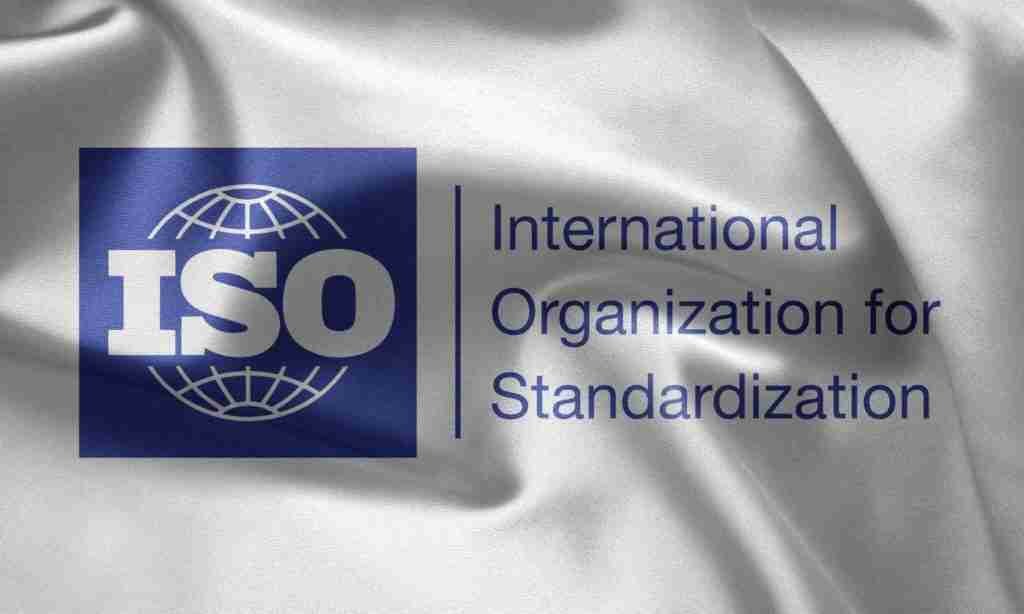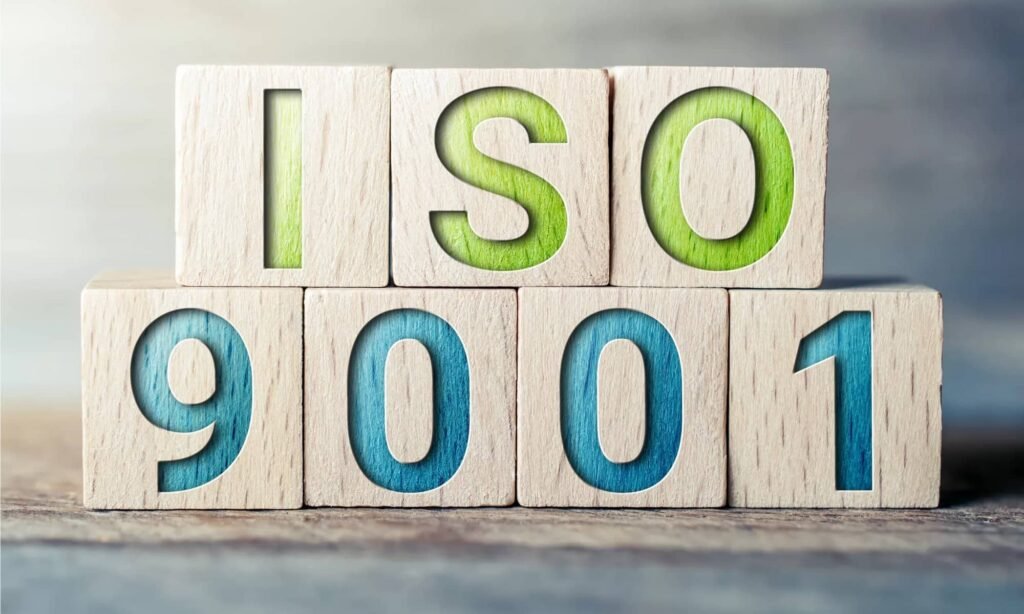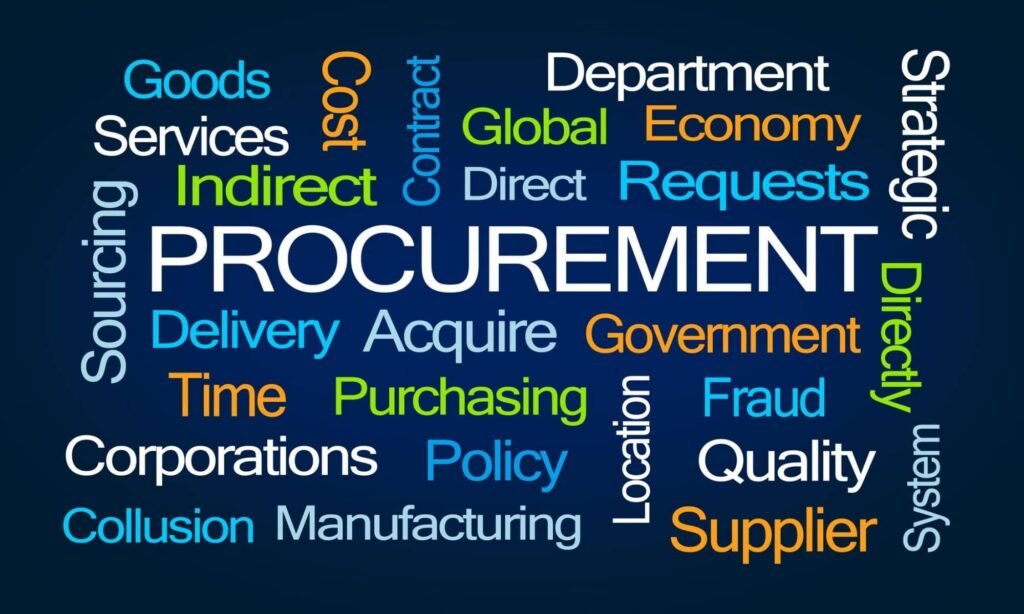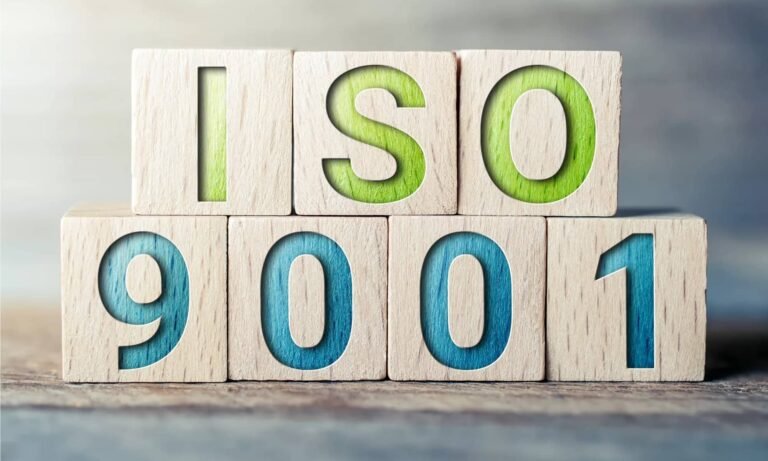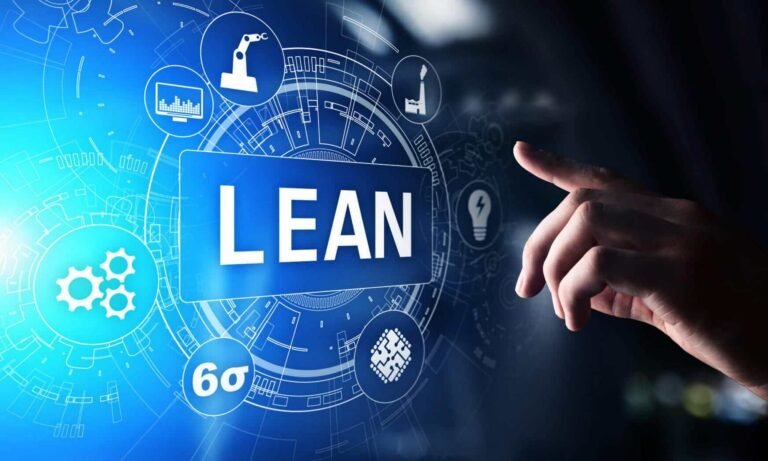Business Excellence
Business Excellence (BE) enables organizations to refine processes, optimize resources, and drive innovation. Companies embedding excellence enhance efficiency, adapt to shifts, and maintain competitiveness. By fostering a culture of improvement, strategic alignment, and operational discipline, businesses build resilience and unlock opportunities. A commitment to excellence empowers organizations to navigate challenges while ensuring agility, responsiveness, and stability. Through evaluation and refinement, companies strengthen position, cultivate value, and drive growth.
Optimizing processes enhances productivity, eliminates inefficiencies, and improves workflow, leading to cost savings and higher satisfaction. Streamlined operations reinforce service quality, ensuring consistency and trust. Strategic resource alignment helps businesses maximize assets, fostering innovation and stability. A culture of innovation encourages adaptability, allowing organizations to embrace emerging trends, develop solutions, and expand presence. By integrating efficiency with forward-thinking strategies, companies position themselves for success and lasting excellence.
“Underpinned by Business Excellence (BE), organizations evolve with purpose, precision and enduring impact. This foundation enables them to anticipate change rather than merely react to it, strengthening their ability to compete in dynamic markets. By embedding excellence into everyday practice, companies create a sustainable path for long‑term performance, meaningful growth and continued relevance.
"Business Excellence is not a destination but a continuous journey - driven by innovation, refined by resilience and sustained through a commitment to quality and growth."
- Eric Roth
Operational Excellence
Operational Excellence (OPEX) as part of Business Excellence (BE) is a philosophy and practice focused on improving the efficiency, effectiveness, and adaptability of business processes. It aims to create value for customers and stakeholders by continuously enhancing operations to achieve superior results. Organizations prioritize several key principles:

- Customer-Centric Focus: Ensuring that processes and outcomes align with delivering maximum value to customers.
- Continuous Improvement: Embracing a culture of constant evaluation and enhancement, often through methodologies like Lean, Six Sigma, or Agile.
- Streamlined Processes: Identifying and eliminating waste or inefficiencies to optimize workflows and resource utilization.
- Engaged Workforce: Empowering employees to contribute to improvements and fostering a collaborative culture.
- Data-Driven Decision Making: Leveraging analytics and metrics to make informed and objective decisions.
- Sustainability and Scalability: Designing operations to support long-term growth and adaptability.
In essence, operational excellence is about striving for peak performance while remaining agile and responsive in a competitive and ever-changing environment. Would you like insights on implementing it within your organization? Read on…
“We are what we repeatedly do. Excellence, then, is not an act, but a habit.”
– Aristotle
“Excellence is not a destination; it is a continuous journey that never ends.”
– Brian Tracy
Documents / Working Templates
Structured improvement efforts align priorities, surface issues early and drive effective, scalable solutions that strengthen performance and support sustainable operational practices.
The documents and templates in My Publications are part of Ninja Services trainings, helping participants apply Business Excellence initiatives effectively and secure lasting improvements.
Theory Applied
Achieving business excellence requires a strategic approach that leverages proven frameworks to optimize operations, enhance efficiency, and drive sustainable growth. By integrating best practices with innovation, organizations strengthen their competitive edge while fostering long-term value and adaptability in a dynamic market.
Key strategies to elevate Business Excellence:
- Implementing a Continuous Improvement Culture Encouraging a mindset of constant learning and refinement enables businesses to stay ahead in dynamic markets. Adopting methodologies like Lean, Six Sigma, and Kaizen ensures that operations remain efficient and adaptable.
- Leveraging Data-Driven Insights In today’s digital era, organizations can harness data analytics to identify inefficiencies, optimize processes, and enhance customer experiences. By making informed, data-driven decisions, businesses can minimize risks and maximize outcomes.
- Strengthening Leadership and Employee Engagement Effective leadership plays a critical role in shaping a business excellence framework. Leaders who empower employees, foster collaboration, and align organizational objectives create a motivated workforce that actively contributes to innovation.
- Adapting to Emerging Trends and Technologies Technological advancements are reshaping industries, and organizations committed to business excellence should proactively integrate digital solutions. Whether through AI-driven automation, cloud computing, or sustainable practices, leveraging innovation ensures continued relevance and growth.
- Enhancing Customer-Centric Strategies Customer satisfaction remains a core pillar of business excellence. Organizations must focus on understanding consumer needs, delivering value, and refining service delivery to foster loyalty and long-term success.
The following key concepts represent essential pillars that contribute to a well-structured, efficient, and forward-thinking business excellence strategy. Each plays a vital role in shaping modern corporate environments, providing a foundation for continuous improvement and success:
Ninja Services
Pragmatic, professional engagement rooted in global experience – Ninja Services to navigate complexity, optimize operations and generate results.
Eric’s Background includes well-developed, solid Core Competencies and he offers tailor-made solutions for both temporary assignments and permanent roles and is available for global travel on a flexible basis.
Contact Eric today for effective support in navigating challenges and driving success through Value Creation.
What’s More
The posts in My Blog feature reflective, story-driven pieces rooted in personal and societal insights.
The topics in My Interests explore abstract, philosophical ideas and their cultural and societal impact.
👁️ 9,781 Views






